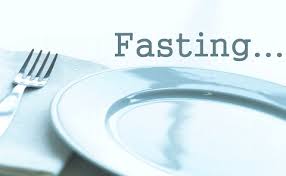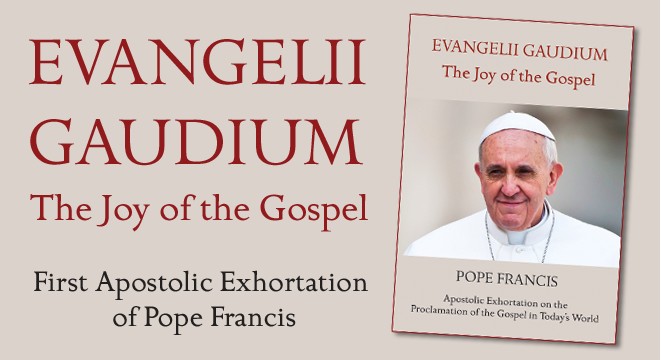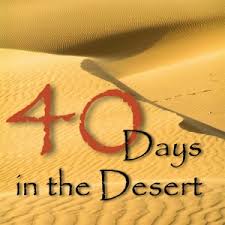Readings for Thursday 3 April 2014 (4th Week of Lent)
Ex 32:7-14. Ps 105:19-23, R/ v 4. Jn 5:31-47. www.catholicbishops.ie/readings.
Jesus puts before his listeners the remembrance of Moses pleading for his people. The repeated failure of God’s people to live up to the covenant serves as a warning for all generations. We also must call on God to give us the grace to turn back again.
“Lent is a time to change direction, to respond to the reality of evil and poverty..”
Follow Pope Francis on Twitter @Pontifex.
Excerpt from Evangelii Gaudium The Joy of the Gospel
“The individualism of our postmodern and globalized era favours a lifestyle which weakens the development and stability of personal relationships and distorts family bonds. Pastoral activity needs to bring out more clearly the fact that our relationship with the Father demands and encourages a communion which heals, promotes and reinforces interpersonal bonds. In our world, especially in some countries, different forms of war and conflict are re-emerging, yet we Christians remain steadfast in our intention to respect others, to heal wounds, to build bridges, to strengthen relationships and to “bear one another’s burdens” (Gal 6:2). Today too, various associations for the defence of rights and the pursuit of noble goals are being founded. This is a sign of the desire of many people to contribute to social and cultural progress..” – Evangelii Gaudium 67.
Lent and Fasting

Lent can be more than a time of fasting; it can be a season of feasting. We can choose this Lent, to fast from certain things and to feast on others. It is a season in which we can:
- Fast from emphasis on differences; feast on the unity of life
- Fast from apparent darkness; feast on the reality of light
- Fast from thoughts of illness; feast on the healing power of God
- Fast from words that pollute; feast on phrases that purify
- Fast from discontent; feast on gratitude
- Fast from pessimism; feast on optimism
- Fast from worry; feast on divine order
- Fast from complaining; feast on appreciation
- Fast from negatives; feast on affirmatives
- Fast from unrelenting pressures; feast on unceasing prayer
- Fast from hostility; feast on non-resistance
- Fast from bitterness; feast on forgiveness
- Fast from self-concern; feast on compassion for others
- Fast from personal anxiety; feast on eternal truth
- Fast from discouragements; feast on hope
- Fast from facts that depress; feast on verities that uplift
- Fast from lethargy; feast on enthusiasm
- Fast from thoughts that weaken; feast on promises that inspire
- Fast from shadows of sorrow; feast on the sunlight of sincerity
- Fast from idle gossip; feast on purposeful silence
- Fast from judging others; feast on the Christ dwelling in them
From a Benedictine source.
Daily Lenten Prayers
(i) We pray for those who hold political office;
that they will put care of people
before financial reward.
(ii) For those who are suffering through illness;
that their burden be eased
and they be restored to full health.
Pope Francis’ Prayer Intentions for April 2014
Pope Francis’ universal prayer intention for April is: “That governments may foster the protection of creation and the just distribution of natural resources”. His intention for evangelisation is: “That the Risen Lord may fill with hope the hearts of those who are being tested by pain and sickness”.
Resources on the Vatican website for Lent 2014
The Vatican is collating all the resources for Lent 2014 on a special link on the home page of www.vatican.va. It includes the catechesis, addresses and homilies of the Holy Father, information on liturgical events and video and other multimedia content. Click here to access it.
The Meaning of Lent
The English word ‘Lent’ comes from the Anglo-Saxon word Lencten, meaning ‘Spring’. In other languages the word comes from the Latin, Quadragesima – a period of 40 days. In the Christian tradition the forty days is understood to refer to a time of intense prayer and preparation; we remember the biblical stories of Noah and the flood of 40 days, the forty years the Israelites spent wandering in the wilderness and Christ’s forty day fast in the desert in preparation for his earthly ministry.





